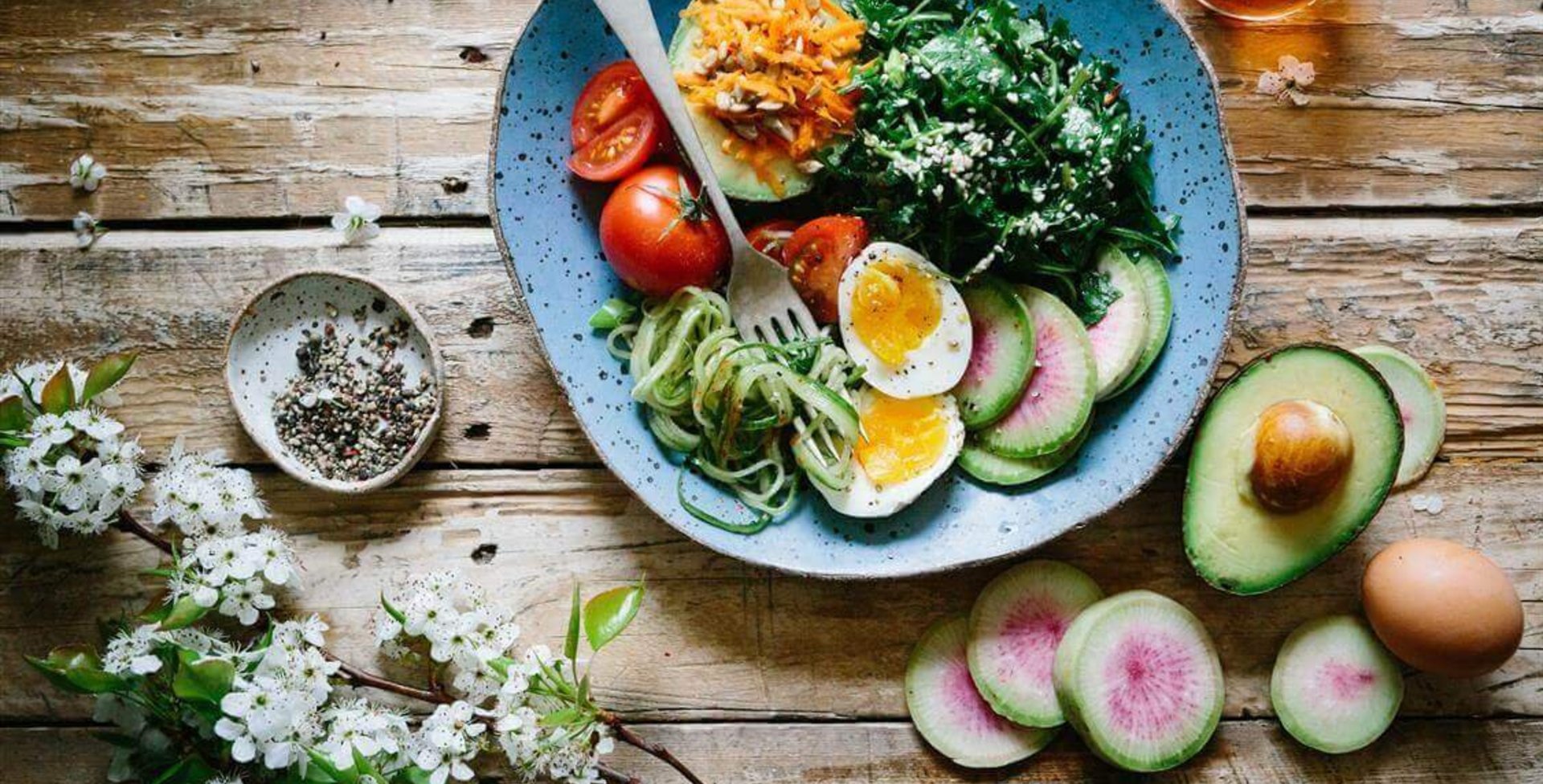
Lip- and Lymphedema
Lipedema and lymphedema: which foods suit?
Healthy enjoyment as part of self-management
A balanced diet is an essential part of lipedema and lymphedema treatment. It’s important to get your body’s fat burning going and to positively influence its liquid balance. The best way to do this is a mixed diet including five portions of fresh fruit and vegetables per day, only a little meat and fat, and a lot of high-quality whole-grain products and sources of protein like fish. In this article, we’ll tell you which tricks can help you achieve this kind of dietary change in the long term.
Healthy enjoyment not only contributes to improving your well-being, but you can also reduce the risk of possible secondary diseases related to obesity. Certain foods can also counteract inflammatory processes in the body – thus alleviating symptoms. It’s therefore incredibly important to deal with the subject of nutrition in cases of lipedema and lymphedema.
If you’re not sure what you should have, ask for help from a nutritionist or talk to your physician. A personalized nutrition plan with foods that agree with you and that you enjoy is much easier to implement and thus has better chances of success. But the fact that every beginning is difficult is sadly also true for certain eating habits. Our tips are designed to help you in your endeavor:
Tips for a healthy diet
Which foods are easily digestible in general?
- Low-fat dairy products and low-fat, mild cheeses
- Lean meats and cold cuts
- Lean fish or seafood
- Natural plant-based oils
- Cereal products, such as rice, pasta, grains
- Potatoes and vegetables, such as carrots, fennel, kohlrabi, cauliflower, green peas and beans, tomatoes, zucchini, green salad as well as fruit, such as apples, pears, bananas
Foods rich in carbohydrates are usually easily digestible. Foods high in fat, protein, or fiber, on the other hand, are harder to digest. The Federal Agency for Nutrition will have more detailed information and a more comprehensive list.
- Take your time: Establish specific, regular times for eating that work for you, and get your body used to this rhythm. This can have a positive influence on your metabolism and digestion, whereas irregularities upset your body’s processes. Leave enough time in between meals to relieve your stomach and bowels. If needed, fresh or dried fruit are great as a snack. You should also avoid eating in a hurry. It’s better to set a pleasant atmosphere for eating where you can enjoy yourself mindfully without being interrupted. It’s also best not to eat too quickly so the feeling of being full lasts longer.
- Listen to your body: Never eat until you’re completely full – it’s better to leave some space in your stomach. A full stomach will get in the way of your sporting activities or exercises. Your concentration may also suffer, at work for example.
- Stay hydrated: You should drink at least 1.5 liters every day, ideally water or unsweetened herbal or fruit teas. It should be even more than that on hot days or when you are particularly active. Alcohol should ideally be avoided.
- Plan your meals: Planning your meals a few days in advance can make shopping and preparation easier. In this way, you can also ensure variety so you don’t get bored with your meals.

A healthy diet as part of self-management
And last but not least: you should make a conscious effort to incorporate your new eating habits into your daily life and regard them as a part of self-management in the long term:
Eating healthily should not be an additional burden but it should be seen as an opportunity to be kind to yourself every day!
Your tool for effective self-management

Delicious, healthy recipes, other inspirations for your lipedema and lymphedema treatment as well as useful features for self-management are all available in the curaflow app. Just have a look!